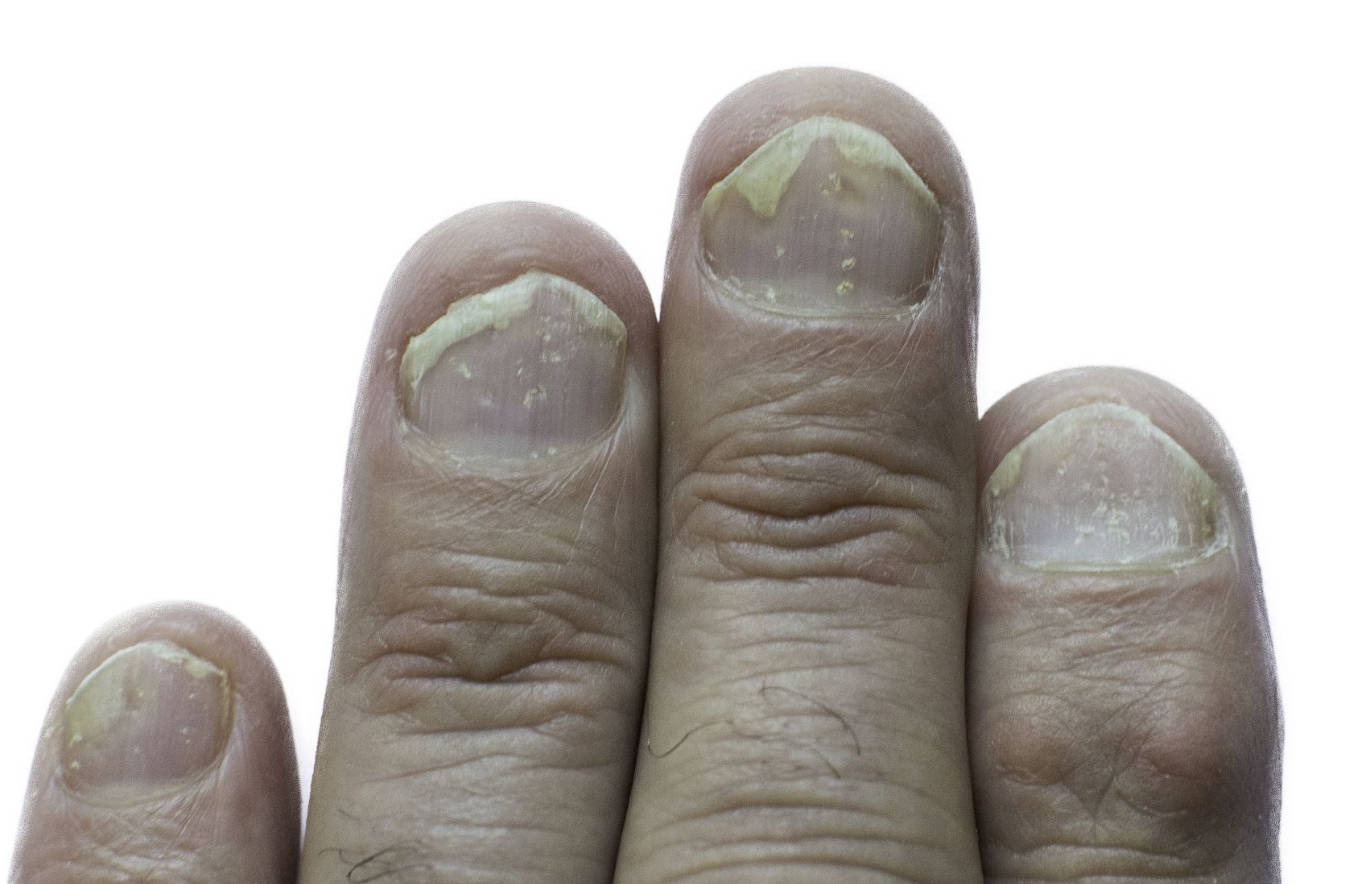Is there a natural way to get rid of psoriasis?
Psoriasis is a chronic autoimmune condition that accelerates the life cycle of skin cells. This rapid turnover of cells results in scales and red patches that can be itchy and sometimes painful. While there is no definitive cure for psoriasis, various treatments can help manage the symptoms and reduce flare-ups. A growing interest in natural remedies has prompted many to explore whether psoriasis can be managed effectively without relying solely on conventional medications. This article delves into the potential natural approaches to managing psoriasis, their effectiveness, and the scientific evidence supporting them.

Understanding Psoriasis
Before exploring natural remedies, it’s essential to understand what psoriasis is and its underlying causes. Psoriasis affects approximately 2-3% of the global population and is characterized by the rapid production of skin cells. While the exact cause is not fully understood, it is known to involve a combination of genetic, immune system, and environmental factors.
Common triggers for psoriasis flare-ups include stress, skin injuries, infections, certain medications, and weather conditions. The condition can significantly impact the quality of life, leading individuals to seek various treatment options, including natural remedies.
Natural Remedies for Psoriasis
While natural remedies cannot cure psoriasis, they can play a role in alleviating symptoms and preventing flare-ups. Here are some natural approaches that have shown promise:
1. Dietary Modifications
Diet plays a crucial role in overall health, and certain dietary changes may help manage psoriasis symptoms. Some dietary approaches that may benefit psoriasis patients include:
- Anti-inflammatory Diet: Since inflammation is a key component of psoriasis, an anti-inflammatory diet may help reduce symptoms. This diet emphasizes the consumption of fruits, vegetables, whole grains, lean proteins, and healthy fats while avoiding processed foods, sugar, and trans fats.
- Omega-3 Fatty Acids: Found in fatty fish like salmon, mackerel, and sardines, as well as flaxseeds and walnuts, omega-3 fatty acids have anti-inflammatory properties that may help reduce psoriasis symptoms.
- Gluten-Free Diet: Some studies suggest a link between psoriasis and gluten sensitivity. While not everyone with psoriasis will benefit, a gluten-free diet may help some individuals manage their symptoms.
- Vitamin D: Vitamin D has immunomodulatory effects, and its deficiency has been linked to psoriasis. Consuming foods rich in vitamin D or taking supplements can be beneficial.
2. Herbal Remedies
Several herbs have been traditionally used to treat skin conditions, including psoriasis. Some of the commonly used herbs include:
- Aloe Vera: Known for its soothing properties, aloe vera gel can be applied topically to reduce redness and scaling. Studies have shown that aloe vera may improve psoriasis symptoms when used regularly.
- Turmeric: Curcumin, the active ingredient in turmeric, has anti-inflammatory and antioxidant properties. Taking turmeric supplements or incorporating it into the diet may help reduce psoriasis flare-ups.
- Mahonia Aquifolium (Oregon Grape): This herb has been used in traditional medicine to treat skin conditions. Studies suggest that applying creams containing Mahonia aquifolium can improve psoriasis symptoms.
- Tea Tree Oil: Known for its antiseptic and anti-inflammatory properties, tea tree oil can be used topically to alleviate itching and inflammation associated with psoriasis.
3. Lifestyle Changes
Certain lifestyle modifications can also play a significant role in managing psoriasis:
- Stress Management: Stress is a common trigger for psoriasis flare-ups. Techniques such as yoga, meditation, deep breathing exercises, and mindfulness can help reduce stress levels and potentially lessen psoriasis symptoms.
- Regular Exercise: Physical activity can help reduce inflammation, improve mood, and support overall health. Engaging in regular exercise can be beneficial for psoriasis patients.
- Adequate Sleep: Quality sleep is crucial for immune system function and overall health. Ensuring adequate and restful sleep can help manage psoriasis symptoms.
- Hydration: Keeping the skin well-hydrated is essential for managing psoriasis. Drinking plenty of water and using moisturizers can help prevent dryness and reduce scaling.
4. Topical Treatments
Natural topical treatments can provide relief from psoriasis symptoms. Some effective options include:
- Coconut Oil: Known for its moisturizing properties, coconut oil can be applied to psoriatic plaques to reduce dryness and scaling.
- Oatmeal Baths: Oatmeal has anti-inflammatory properties and can soothe itchy and irritated skin. Adding colloidal oatmeal to bathwater can provide relief from psoriasis symptoms.
- Dead Sea Salt Baths: The high mineral content in Dead Sea salts can help reduce inflammation and improve skin hydration. Regular baths with Dead Sea salts can benefit psoriasis patients.
- Capsaicin Cream: Capsaicin, derived from chili peppers, can reduce pain and inflammation when applied topically. It may help alleviate psoriasis symptoms, although it may cause a burning sensation initially.
Scientific Evidence and Effectiveness
While many natural remedies show promise in managing psoriasis, it is crucial to evaluate the scientific evidence supporting their effectiveness. Here’s a look at some key findings:
- Aloe Vera: A study published in the “Journal of the European Academy of Dermatology and Venereology” found that aloe vera extract cream was significantly more effective than a placebo in reducing psoriasis symptoms.
- Turmeric: Research published in the “BioMed Research International” journal indicates that curcumin can modulate immune responses and reduce inflammation, making it a potential therapeutic option for psoriasis.
- Mahonia Aquifolium: A study in the “Journal of the American Academy of Dermatology” demonstrated that Mahonia aquifolium cream was effective in treating mild to moderate psoriasis.
- Omega-3 Fatty Acids: According to a review in the “American Journal of Clinical Dermatology,” omega-3 fatty acids have anti-inflammatory properties and can improve psoriasis symptoms when included in the diet.
- Vitamin D: Research published in the “Journal of Dermatological Treatment” suggests that vitamin D supplementation can improve psoriasis outcomes, particularly in individuals with low vitamin D levels.
While these studies provide promising results, it is important to note that natural remedies may not work for everyone and should not replace conventional treatments without consulting a healthcare professional.
Integrating Natural Remedies with Conventional Treatments
For individuals with psoriasis, a holistic approach that combines natural remedies with conventional treatments may offer the best results. It is essential to work with a healthcare provider to develop a comprehensive treatment plan tailored to individual needs.
- Consultation with Healthcare Providers: Before starting any natural remedies, it is crucial to consult with a healthcare provider to ensure they are safe and appropriate for your specific condition. This is particularly important for individuals taking medications or with underlying health conditions.
- Monitoring and Adjusting Treatment Plans: Regular monitoring and adjusting treatment plans based on symptom response and side effects can help achieve optimal outcomes. Combining natural remedies with conventional treatments may enhance their effectiveness and minimize potential risks.
Conclusion
While there is no cure for psoriasis, natural remedies can play a significant role in managing symptoms and improving the quality of life for those affected by this chronic condition. Dietary modifications, herbal remedies, lifestyle changes, and topical treatments offer promising avenues for alleviating psoriasis symptoms. However, it is essential to approach these remedies with caution and consult with healthcare providers to ensure their safety and efficacy. By integrating natural remedies with conventional treatments, individuals with psoriasis can take a holistic approach to managing their condition and achieving better overall health.


